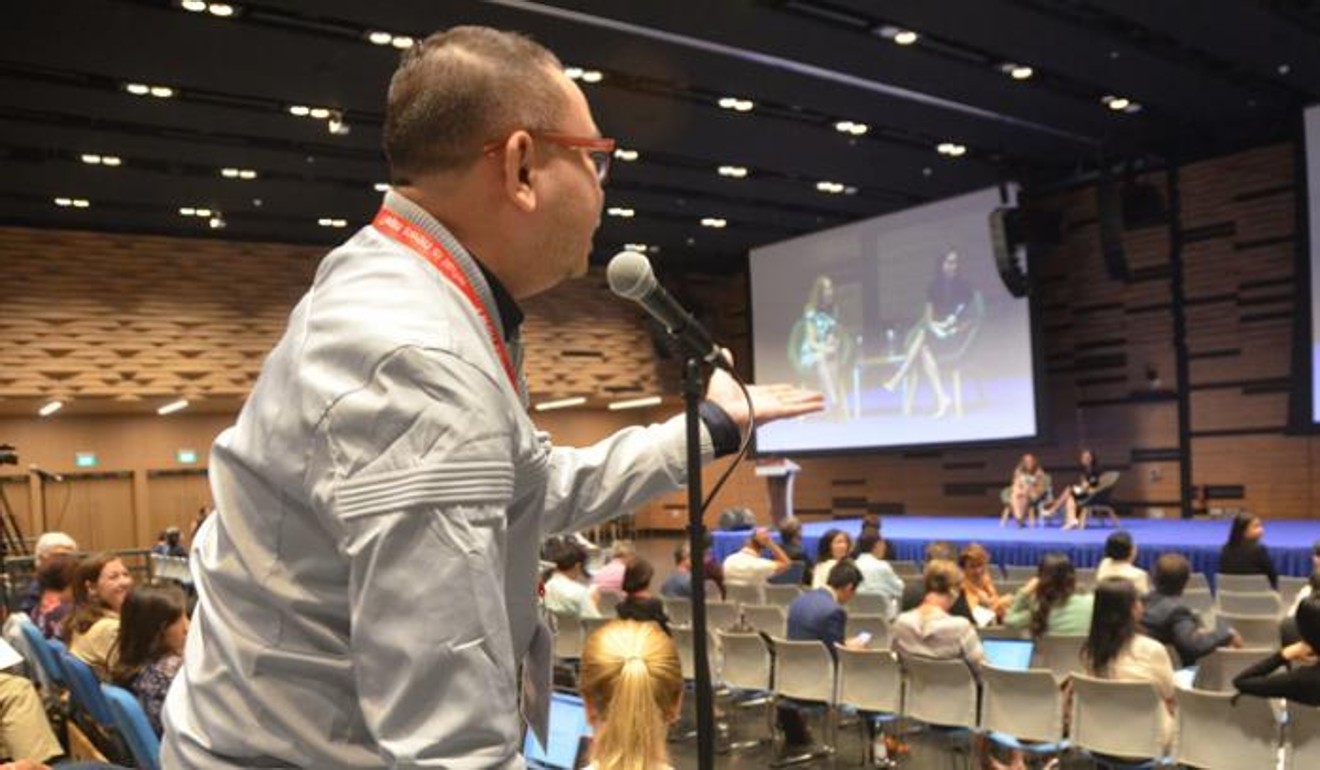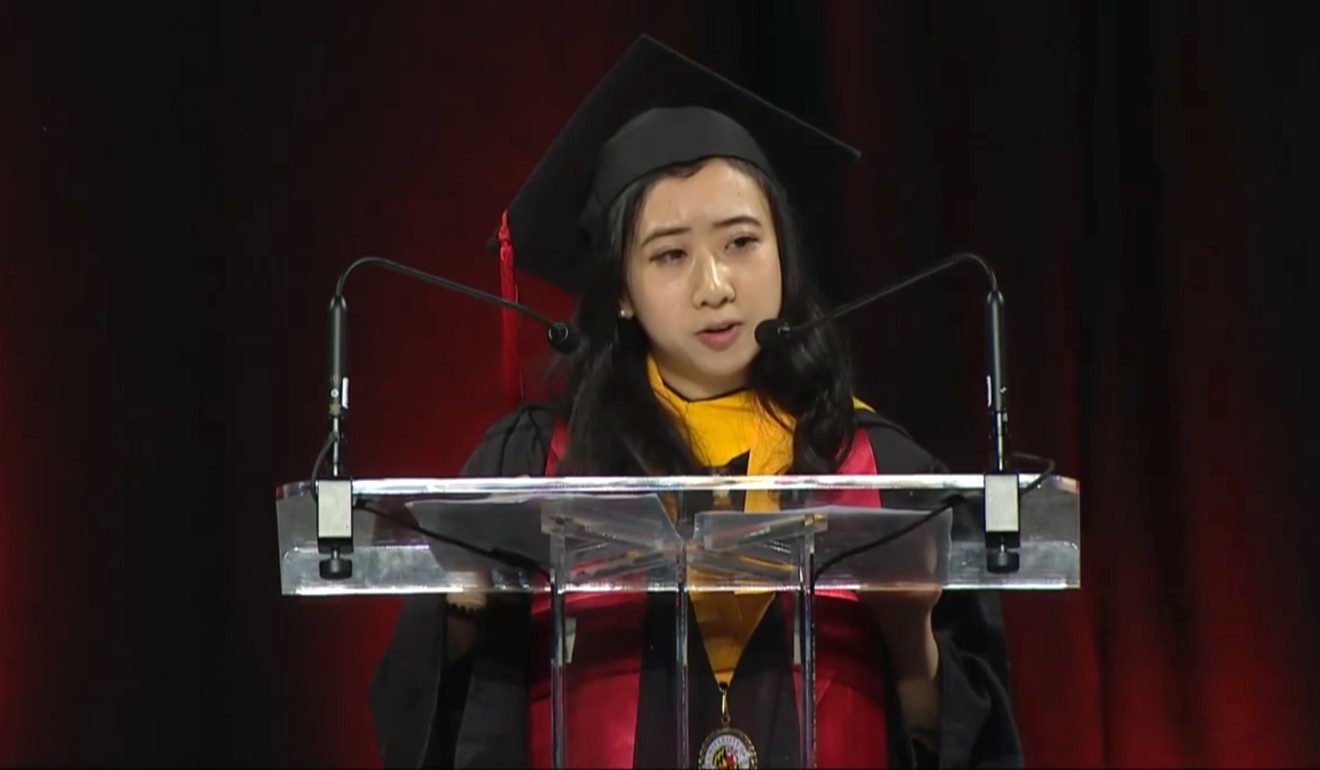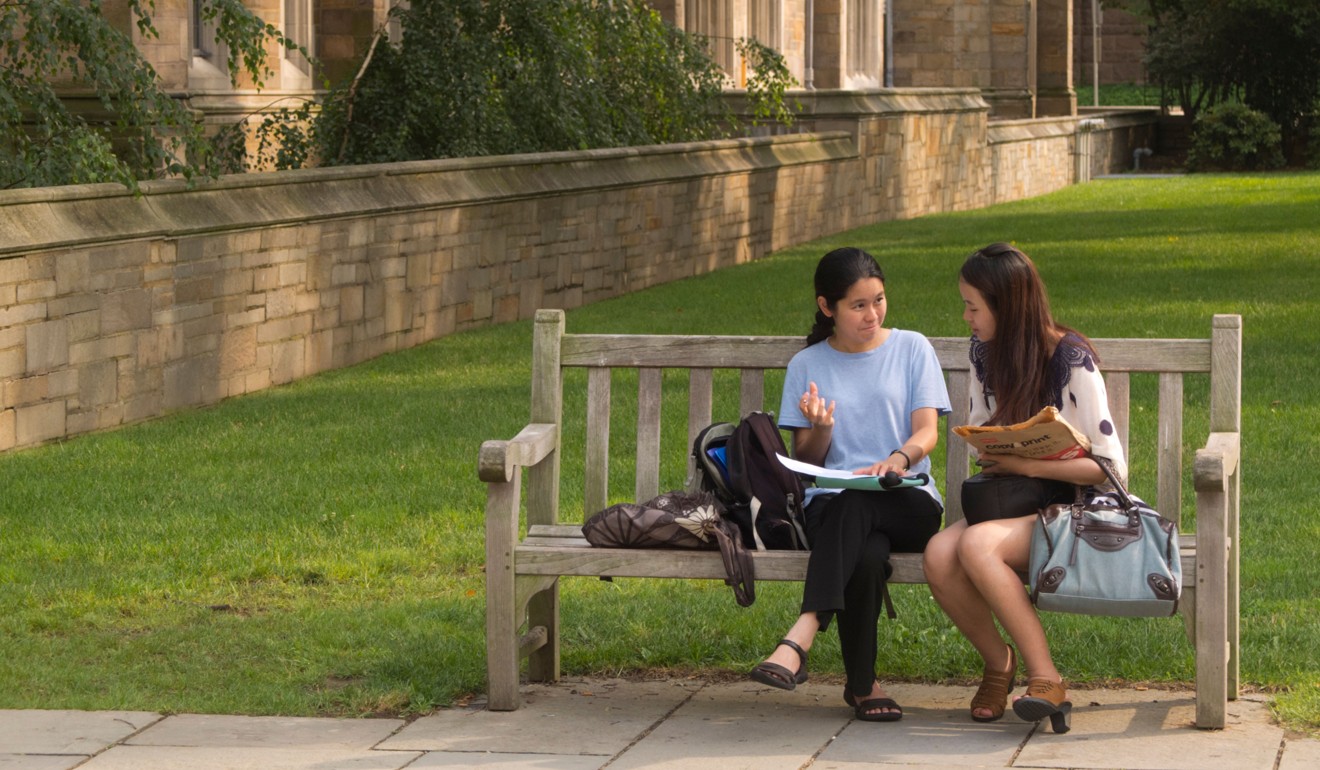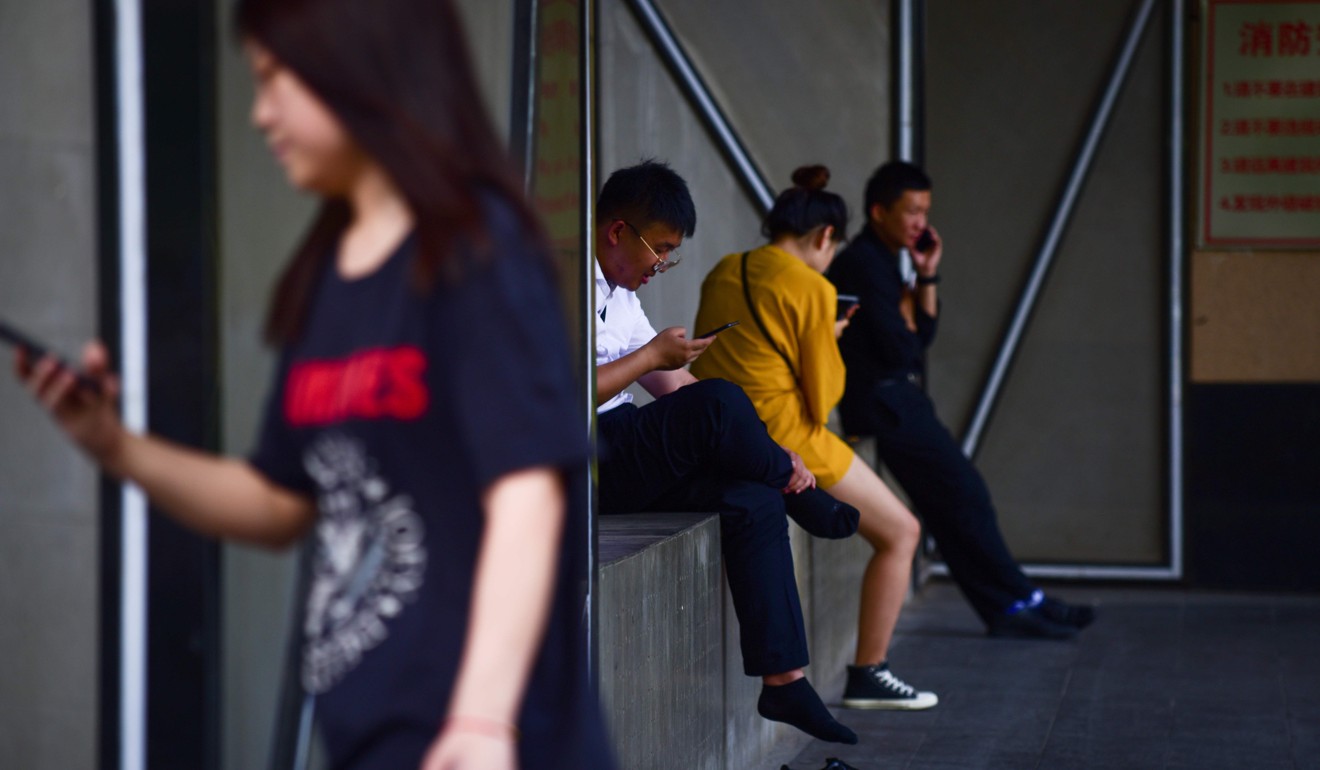
From Singapore to the US, overseas Chinese are increasingly fearful of criticising Beijing. Is this what China wants?
Audrey Jiajia Li’s harrowing experience of being shouted down by a fellow Chinese for her ‘negative’ views of China, at a recent conference in Singapore, reflects a disturbing trend of Chinese abroad being spied on, reported and vilified for their critical views of their home country
As the panel concluded, a woman in the audience, without raising her hand to request permission from the moderator to speak, started to shout at me: “What’s your nationality? Are you Chinese? What university did you study at?”
The seemingly irrelevant questions baffled the audience. She then identified herself as a professor at one of the “top universities” in China, and went on to lecture me on the journalistic principles she said she preached to her students: “be objective”, which, by her own words, meant focusing on the positive things, not like me (as well as the other panellists who are not from mainland China), who were “negative and too dark”.
Not wanting to add fuel to the fire, I simply responded by saying that I was indeed a Chinese citizen, and that I would agree to disagree.
After the panel, dozens of international journalists came over to offer comfort and encouragement. Many were concerned about my safety, as the professor had apparently come to the conference under the arrangement of a government-controlled organisation.

But what is more intimidating now is that, even overseas, no matter how far away, you feel you are still being watched. Educators and speakers in the West have been confronted by a growing number of Chinese students over discussions on China-related topics that do not fit China’s official narrative.

Before long, the video found its way onto China’s main social media platform Weibo, and she was paraded as a hated traitor bad-mouthing her homeland.
The intriguing part to me is that the student was vilified because she dared to criticise some in her own country for not tolerating criticism – and that her critics, through their harsh reactions, inadvertently attested to what she was saying.
‘Never talk about Chinese politics’ is becoming the social etiquette for many students abroad
"It looks like even in America, many Chinese still don’t get to say how they truly feel about matters in China," one social media post reads.
Not surprisingly, under these circumstances, self-censorship prevails, as people have no idea who might be listening, watching, or even reporting. “Never talk about Chinese politics” is becoming the social etiquette for many students abroad. As they may need to get a job back at home after graduation, keeping their mouth shut seems the most pragmatic and safe approach.
The mechanism to silence criticism abroad is twofold: through organisational control and individual vigilantism. At the organisational level, for example, according to The New York Times, branches of the Chinese Students and Scholars Associations are believed to be connected to Chinese consular officials.
As Perry Link, a China expert and professor at the University of California, Riverside, told the paper: “The effect of that surveillance is less that certain people are caught and punished and more that virtually all Chinese students know they could be reported and, therefore, watch what they say in public fora.”

And there are overzealous vigilantes – students who sincerely (or not) feel they have a duty to spy on others for unorthodox speech and action, and need to defend the country’s image in public and report “unpatriotic” people.
This pressure of censorship is gradually seeping into the area of private conversations as well. Kurt Campbell, an American diplomat who served in the Obama administration as assistant secretary of state for East Asian and Pacific affairs, recently talked on a Sinica podcast about what he had observed.
A Chinese academic and close friend of his for 30 years, who “comes to the United States often”, told him last month that “I can’t talk to you like I used to”. According to Campbell, this friend now limits their conversation to topics like family and “what’s going on in the US”. At the same time, he was very careful and “had a deep sadness”.
It is often futile trying to figure out where the line is between what’s allowed and what is not. As a result, people tend to draw a large circle around them and keep all the sensitive topics out of their circle of concern.
As China’s economic miracle continued to shine over the past few decades, optimists had hoped society would become more confident and open-minded about criticism.

That hasn’t happened. The increasingly harsh treatment of dissent, however mild, has created a “climate of fear”, which has mostly silenced debate at home and to some extent also abroad.
Is that a good thing for the country? My sense is that it isn’t. With the array of technological, legal and ideological tools at its disposal, China could build a much friendlier and more magnanimous image on the global stage, rather than coerce its people and others to always toe the official line.
As several journalists who attended the session shared with me later: screaming at people whose views aren’t in line with the authorities you serve doesn’t make you right or persuasive, it precisely exemplifies the consensus of the conference – the unfortunate and unnecessary setbacks of freedom of speech in China.
Audrey Jiajia Li is a freelance columnist from Guangzhou

